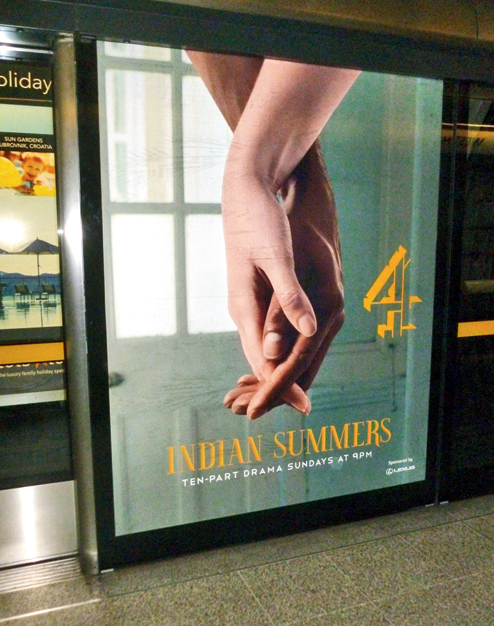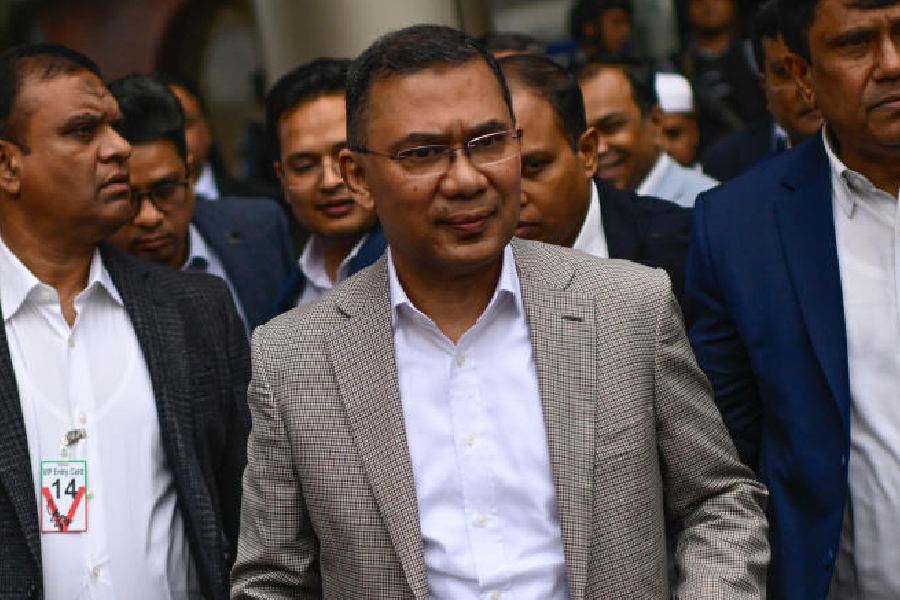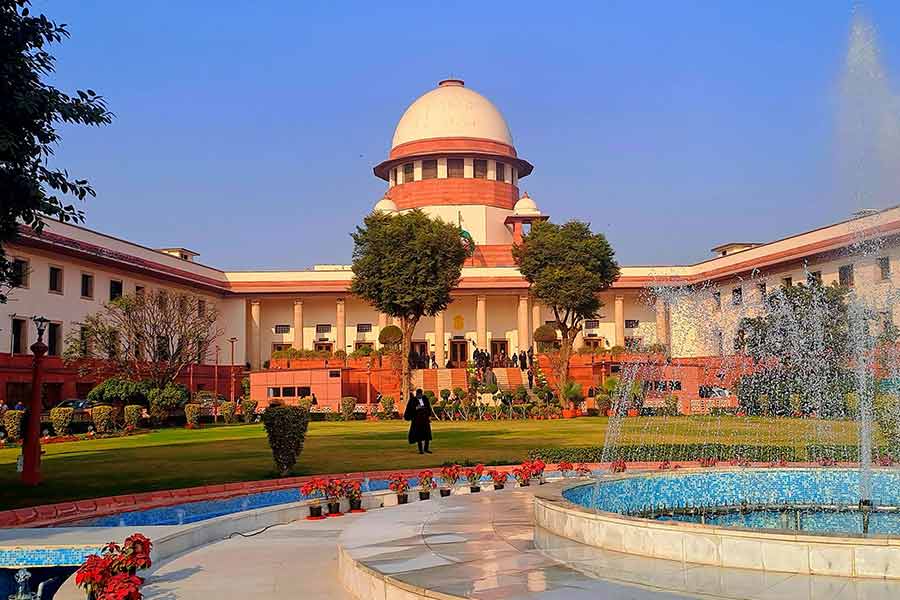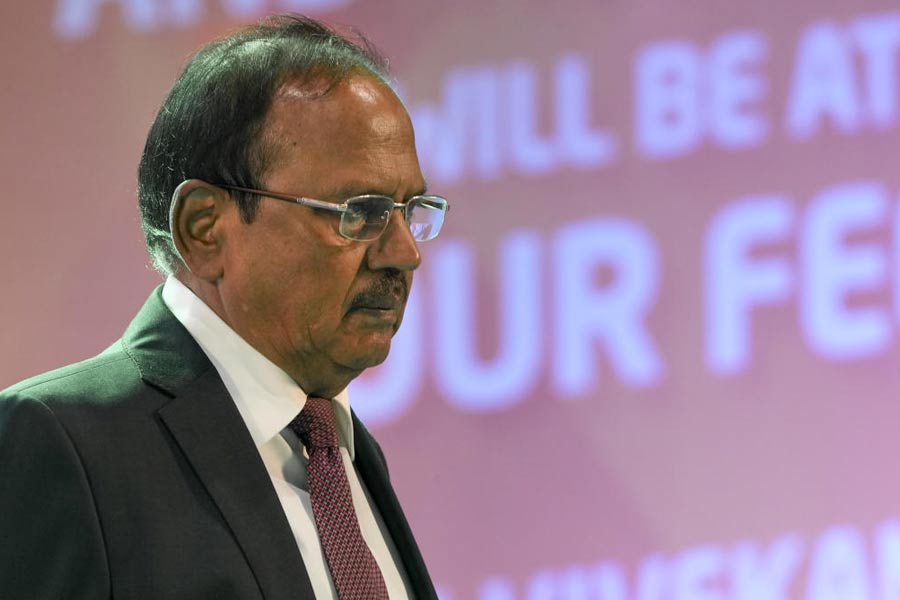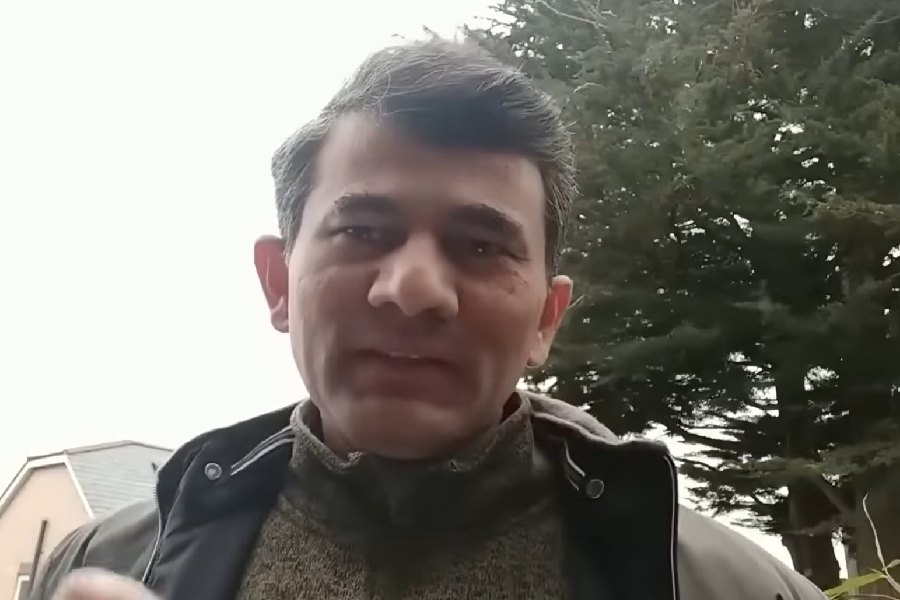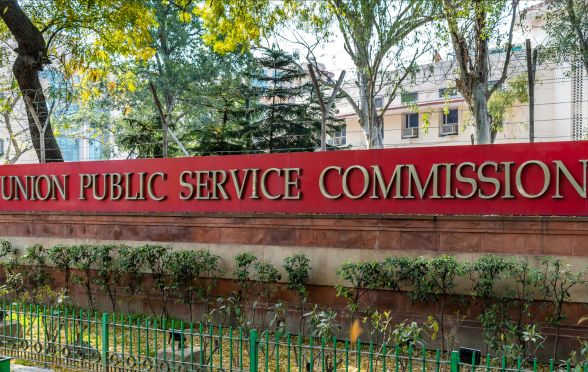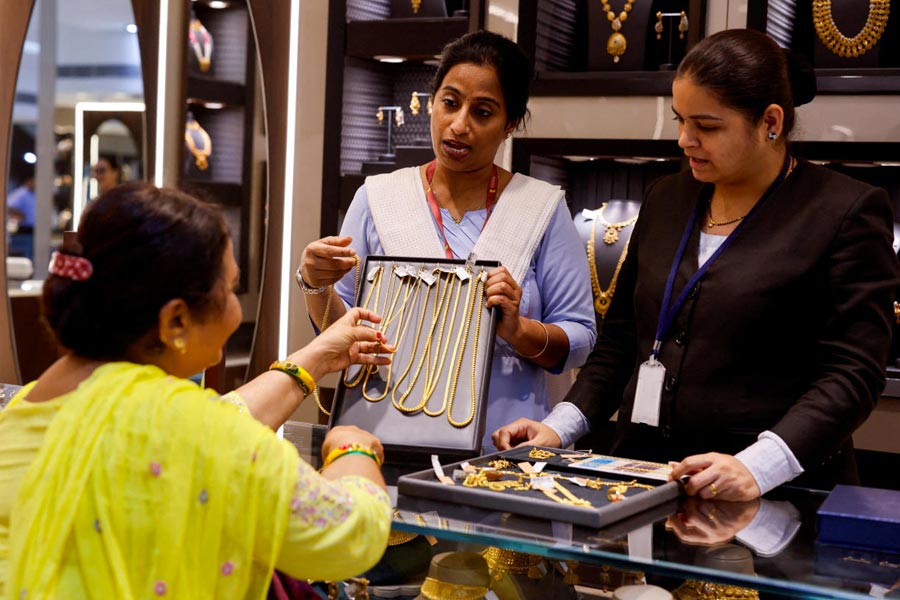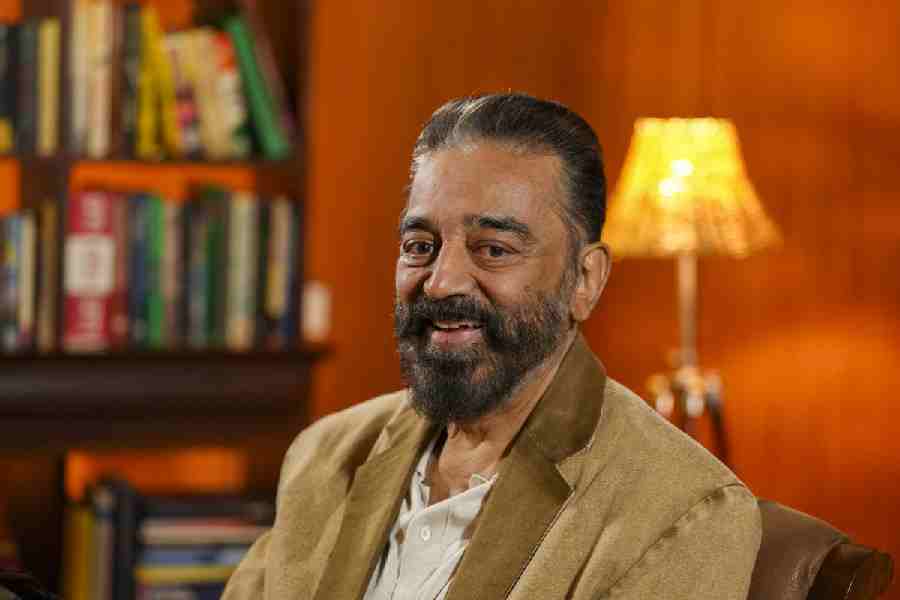-

Love in the time of the Raj: A poster at Westminster tube station
Forget the film adaptation of Fifty Shades of Grey. There will be just as much 'steamy sex' in Channel 4's new 10-part drama, Indian Summers, which begins in 1932 in Shimla. More intriguing than the routine British adultery will be the dangerous romances (for the time) between the Brits and the Indians - now part of everyday life in modern Britain.
Indian Summers, which begins transmission on February 15, is being heavily promoted. I got off a train at Westminster underground station, for example, to be greeted by large posters from the drama.
One image was of brown and gora arms lovingly entwined, the sort of thing that happens in your first term at Oxbridge. So sweet.
After a preview of episode one, I wanted to binge-watch the other nine which is, I suppose, a good sign. But after talking at length to the scriptwriter, Paul Rutman, whose novelist wife, Natasha Narayan, is a British Indian, and the director, Anand Tucker, son of an Indian father and a German mother, I can reveal the ambitions behind the story.
Rutman has already started writing the script for a second series in the hope and expectation that the ratings will be encouraging for the first.
Tucker wants Indian Summers to be ' The Jewel in the Crown meets Downton Abbey', referring to the very best of British television drama.
In fact, Tucker has visions of Indian Summers lasting for five years. He explains that only two major Indian stars had been cast - Roshan Seth and Lillete Dubey - 'because Bollywood stars cannot commit long term'. But British Indian actors, such as Nikesh Patel, whom Tucker considers a huge star in the making, can be relied upon to provide continuity.
We must all hope that Indian Summers proves an artistic triumph and takes India through from 1932 to Partition and Independence.
-

Kashmir activist:
Khalid Mahmood
Labour's loss
On BBC Radio 4's flagship Today programme, the Labour MP Khalid Mahmood, secretary of the All Party Group on Saudi Arabia, was asked to defend Britain's decision to lower its flag to mourn the passing of King Abdullah.
Why pick on Saudi Arabia when India's human rights record is 'far worse', was the response from Mahmood, 53, who was born in 'Azad Kashmir' and now represents a Birmingham seat with a large number of Pakistani voters.
I was told that 'Mr Mahmood's views are not representative of the Labour Party' but not whether Ed Miliband had rebuked the aggressive anti-India activist.
But one of Mahmood's fellow Labour MPs tells me: 'Miliband is scared of the Pakistani Kashmir lobby - he won't touch Mahmood.'
An outraged Indian high commissioner wrote to the Labour party leader Miliband and was reassured that the 'Labour Party values our relationship with India and we are committed to working closely with the Indian government on a whole range of issues, bilateral and multilateral, from the very beginning of a Labour government'.
While David Cameron has been to India four times, Miliband has so far not gone once as Labour leader. India does not seem to be that much of a priority for him.
Perhaps it wouldn't be an unmitigated disaster for India if an increasingly pro-Pakistani Labour Party were not to win the election.
Tata tale
What's so special about the Tatas?
Author and broadcaster Dr Zareer Masani, himself a Parsi, has been effectively a one-man cottage industry this week, producing eloquent articles and documentaries on BBC Radio 4 and BBC World, in order to recount the story of Tata: India's Global Giant.
Zareer tells me his parents, Minoo and Shakuntala Masani, were close friends with JRD Tata.
'I was a sort of adoptive nephew of JRD (Uncle Jeh) and his half-English wife Thelly,' recalls Zareer, who lives in London. 'My father worked for a decade as his chief of staff and my mother was his regular golfing partner.'
'What I learnt from those early experiences was that you don't have to be pompous, ostentatious and humourless if you're one of the most powerful business magnates in the world,' adds Zareer. 'Ambanis take note! Despite some faults, the Tatas remain India's cleanest and most ethical business group.'
-

Expert: Divya Patel
Sabya's saga
These days Sabyasachi Mukherjee can do no wrong. The designer almost certainly dressed Rani Mukerji for her close encounter with Prince Charles at a dinner in London last week.
Later this year, the Victoria and Albert Museum will launch a major festival of India, which will display the 'fabric of India' and 'Bejewelled Treasures', 100 items of mostly Mughal jewellery that have been collected since 2009 by the 'money no object' Sheikh Hamad bin Abdullah Al-Thani of Qatar.
Divya Patel, one of the V&A's India experts, will be co-curator of the fabric exhibition.
'We have commissioned Sabyasachi to make one of his wedding outfits as part of that exhibition,' reveals Divya.
Perhaps Rani, who wore Sabya at her own wedding, will come as part of the package.
Dara's darkness
On the face of it, the National Theatre's powerful new play, Dara, is about the clash between the imprisoned Shah Jahan's two sons - Dara Shikoh and Aurangzeb.
Well, it is and it isn't.
From time to time, I glanced at the audience which was gripped by the battle between the brothers. Dara is the good guy, the crown prince who leans towards Sufism with its tolerance of Hinduism and Sikhism, while Aurangzeb, with his narrow interpretation of his faith, is clearly a nasty piece of work.
What the National is showing is not Shahid Nadeem's original play in Urdu produced by the Ajoka Theatre of Pakistan but an adaption for a British audience. So what is being staged is the current war of ideas between the West and the blood-crazed fanatics of the Islamic State in Iraq and Syria.
-

Brothers in arms: Sargin Yelda as Aurangzeb (left) and Zubin Varla as Dara (right)
For example, after a show trial, Dara is beheaded by executioners wearing black hoods - uncannily similar to the images we see of hooded ISIS killers murdering their hostages. Since I saw Dara, two Japanese hostages have been beheaded.
So far as the British audience is concerned, art is imitating grim reality. The trial of Dara and his arguments with the Prosecutor Talib are pitched as a battle within Islam itself between 'moderates' and 'extremists'.
Nadeem, who was in the audience at the National, remained behind to have a chat with some of us.
In the Pakistan army, Aurangzeb's legacy is honoured, said Nadeem, adding: 'There are units and institutions named after him.'
Tittle tattle
It was ironical that the 50th anniversary of the funeral of Sir Winston Churchill, worshipped in Britain as 'the greatest Briton who ever lived', fell on January 30, the same day when about 100 of us gathered by Gandhi's statue in Tavistock Square in London to mark the 67th anniversary of the Mahatma's assassination.
Many Indians think of Churchill as the man who was determined not to surrender imperial rule in India, starved millions of people during the Bengal famine of 1943 and dismissed Gandhi as a 'naked fakir'.
On the other hand, had Churchill not helped to win the war for Britain, would 2.5m Indians be in this country enjoying the freedom and prosperity?

